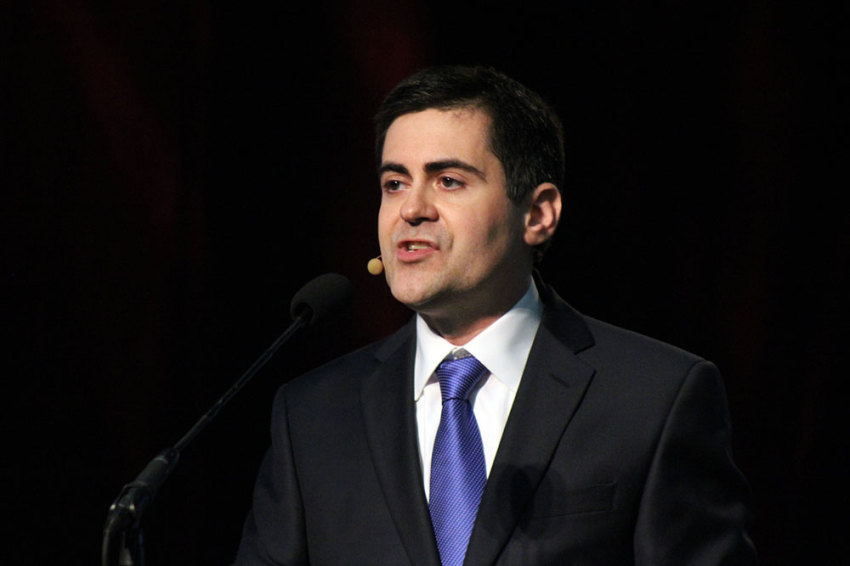Ferguson and the Quest for Racial Justice

The violent scenes from Ferguson, Missouri, are not what most Americans expected to see in 2014 America. The simmering tensions in this town, following the shooting of an unarmed teenager, ought to remind the Body of Christ of our responsibility to model reconciliation in Christ.
We don't yet know everything about what's happened, or is happening, in Ferguson, but here's what we do know. Michael Brown was shot and killed by police on Aug. 9. Protests in the wake of this horrible death have been met with a virtually militarized response from law enforcement in the area.
Moreover, we know that the the myth of a "post-racial" America is contradicted by a criminal justice system in which young African-American men are, by almost any measure, disproportionately more likely to be arrested, sentenced, or even killed when compared to white peers. It's not just the situation in which there's disparity, but also even in the perception of the problem. A Pew study showed that when asked the question "Do police treat blacks less fairly?" 37 percent of whites said yes while 70 percent of African-Americans said yes.
Whatever the particulars of the horrific situation in Ferguson, racial division is far from resolved in America.
As Christians, we ought to weep for the loss of life in this situation, and we ought to pray for peace in the streets of Ferguson and for justice to be done in this case. The mandate from God to the state in Romans 13 is to wield the sword with impartiality and with justice. As citizens, all of us ought to seek to ensure that this is the case, across the board.
We ought to be reminded though that in a racially divided world, the church of Jesus Christ ought not simply to advocate for racial reconciliation; we ought to embody it. We ought to speak to the structures of society about principles of morality and righteousness, but we also ought to model those principles in our congregations. The quest for racial reconciliation comes not just through proclamation but through demonstration.
That's because racial and ethnic division and bigotry are not merely historical vestiges still existing in the United States, or in the often even more violent scenes we see elsewhere in the world. These divisions and hatred are older than America, and are rooted in a satanic deception that tells us we ought to idolize "the flesh." The gospel doesn't just call us individually to repentance, but also congregationalizes that reconciliation in local bodies of persons who may have nothing else in common but the image of God, repentance of sin, and the redemption found in Jesus Christ.
The church, the Apostle Paul said, is a sign of God's manifold wisdom, to the principalities and powers in the heavenly places (Eph. 3:10). When God joined together in one church, those who are both Jewish and Gentile, he was doing more than negating the bad effects of ethnic strife. He was declaring spiritual warfare. When those who the world thinks should hate each other, instead love each other, the church is testifying that our identity is in Jesus Christ (Col. 3:11). We cannot be pulled apart from each other, because we are one body, and a body that is at war with itself is diseased.
If we start to see more churches so alive to the gospel that they are not segregated out as "white" or "black" or "Hispanic" or "Asian" or "white collar" or "blue collar," we will start to reflect something of a kingdom of God made up of those from every tribe, tongue, nation, and language (Rev. 5:9). And as we know one another as brothers and sisters, we will start to speak up for one another, including in the public square.
Ferguson reminds us that American society has a long way to go in healing old hatreds. Our churches are not outposts of American society. Our churches are to be colonies of the kingdom of God. Let's not just announce what unity and reconciliation ought to look like. Let's also show it.



























